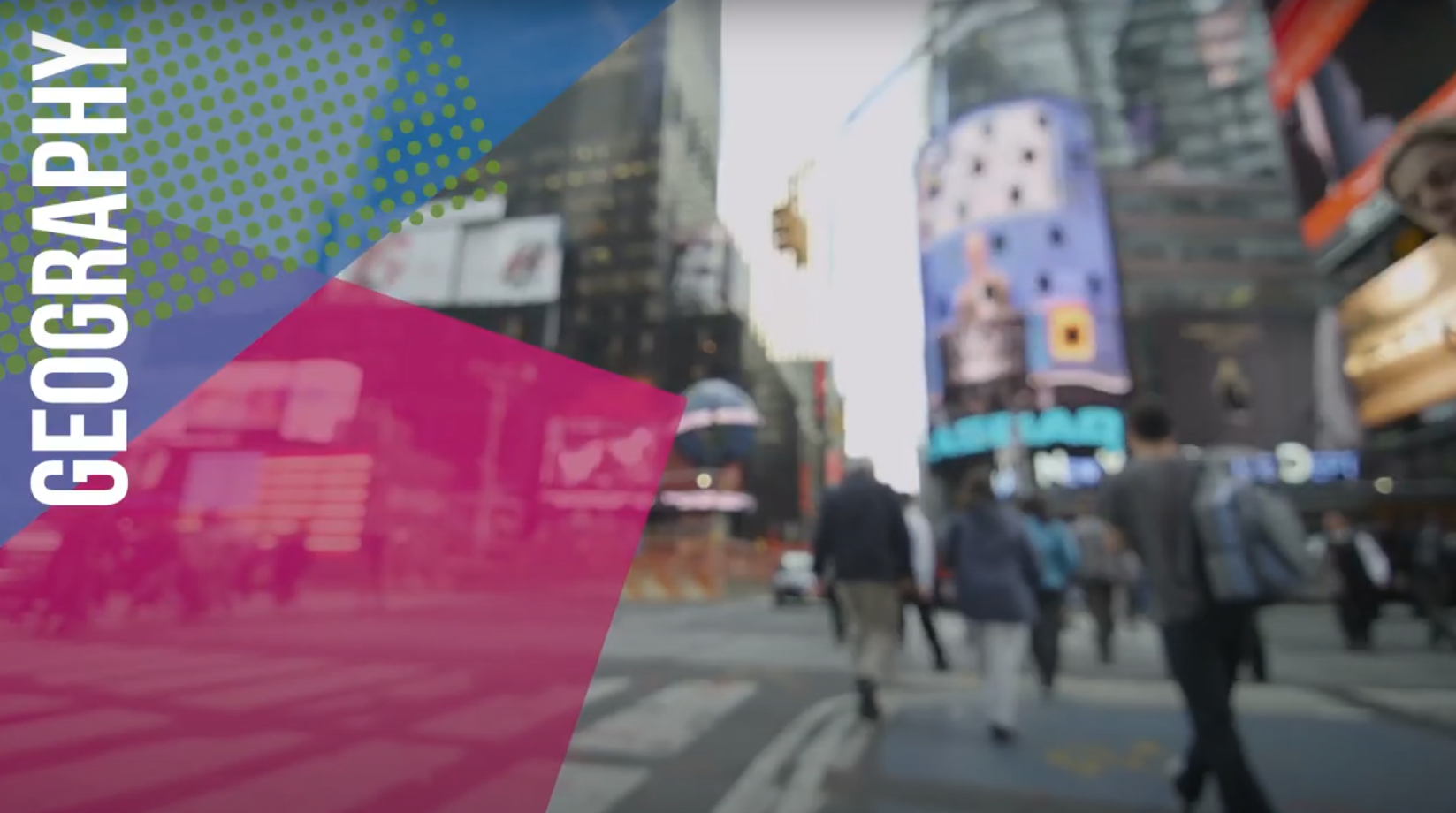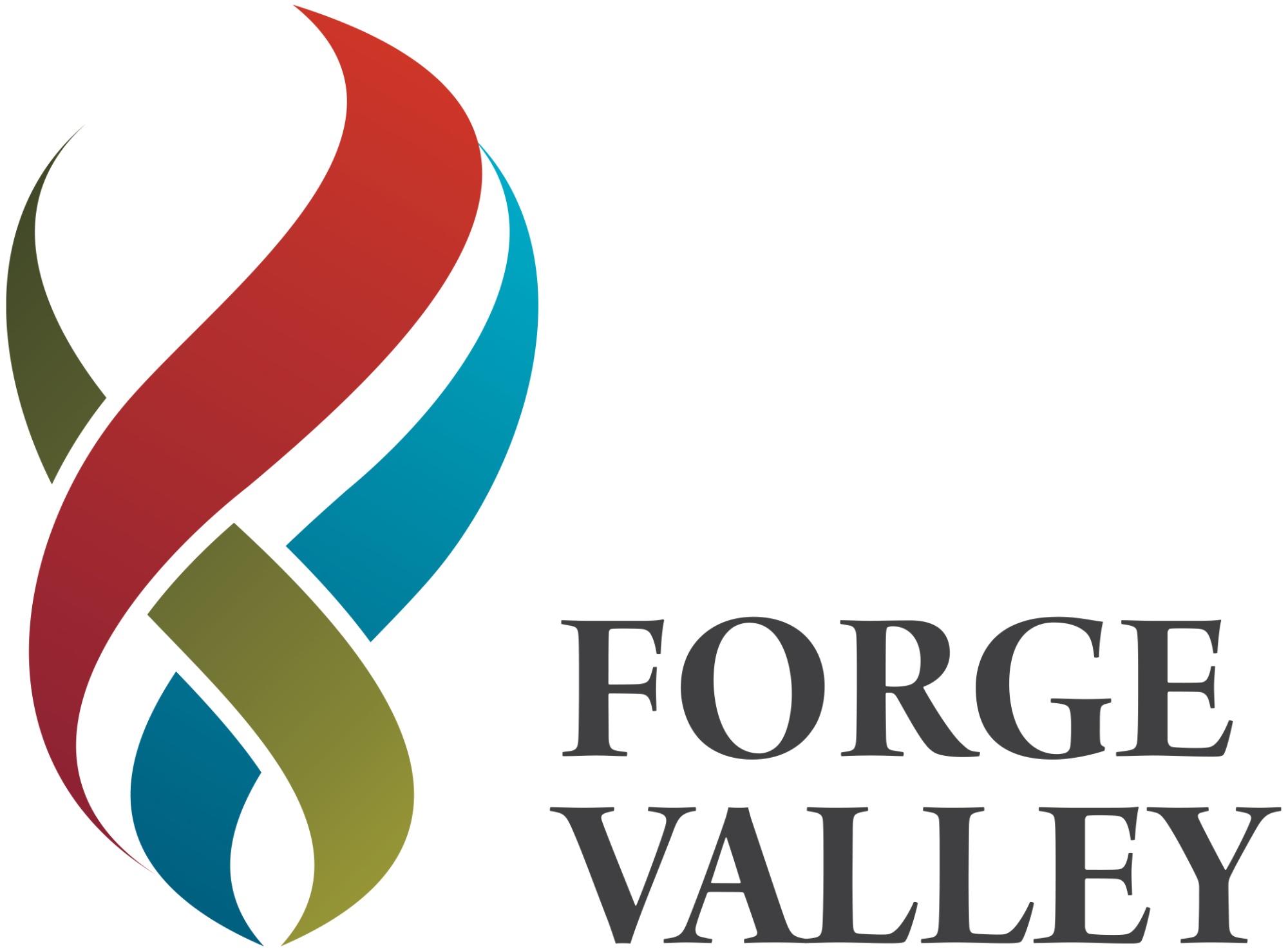Geography (A Level)

Geography explains the past, illuminates the present and prepares us for the future... what could be more important than that?
Course Overview
Geography is one of the most wide-ranging subjects you can choose to study. It involves developing knowledge of both the physical and human world and understanding how they impact each other. It looks at how and why the world we live in has changed and how people need to look towards a more sustainable future.
Geography allows students to explore theoretical ideas and concepts such as plate tectonics, and apply them to real life situations in an attempt to explain past events and prepare for or prevent future natural disasters. When will the next supervolcano erupt? Why is there a constant famine in parts of Africa? Can you work out a sustainable solution? Can you change the future of the Earth?
Fieldwork is required to be undertaken for at least four days throughout the A Level course. This will include a residential visit to the Cranedale Centre in North Yorkshire as well as locally-based visits.
Links with other subjects
Geography is uniquely placed as a subject that bridges the Arts and Sciences. It enables you to maintain a broad education if taken with either arts- or science-based subjects. The content is complementary with subjects like Biology and Economics, whilst the skills learnt from the course complement subjects such as Mathematics and English.
Future Opportunities
At university, Geography can be studied as a BA or BSc. Geography forms the core of a wide range of specialised and often vocational degree courses, such as Environmental Management and Town Planning. Many of the qualities developed on the course, e.g. carrying out individual research, evaluating conflicting arguments and working in teams, are qualities that are highly regarded by employers.
What are the entry requirements?
Five or more GCSEs Grade 9-4 or equivalent, including English. Grade 4 in Geography if studied.
What will I study?
Physical Systems:
- Landscape Systems – Glaciated Landscapes
- Earth's Life Support Systems.
Human Interactions:
- Changing Spaces: Making Places
- Global Systems – Global Migration; Human Rights.
Geographical Debates:
- Disease Dilemmas
- Hazardous Earth.
How will I be assessed?
- Physical Systems - 1 hour 45 minute written exam (24%)
- Human Interactions - 1 hour 45 minute written exam (24%)
- Geographical Debates - 2 hours 30 minute written exam (32%)
- Investigative Geography - A written report (20%)
Geographical Skills will be assessed in all three written exam papers.
FAQ
What is the average class size?
We have relatively small class sizes in comparison to some sixth forms.
Are the teachers specialists in the subject area?
Yes, Mrs Walker has a (BSc) degree in Geography (and a Masters in Teaching and Learning), Mr Twigg has a Physical Geography and Geology degree (BSc), Miss Jackson a Physical Geography and Geology degree (BSc) and Miss Davorn a Human Geography degree and a Masters.
How successful have previous students been in this subject?
Each year we are extremely proud of the success of our A Level students. 100% of students pass their A level with an average of 40% achieving A*-B grades. We are delighted with the progress that all the students make.
What other subjects compliment this course?
Due to the nature of A level Geography covering elements of both the Human and Physical world, it is uniquely placed as a subject that is complimented by almost every other subject. Some of our current students are studying subjects such as English, Spanish, Psychology, Politics, Sociology, the Sciences and Maths.
Will studying this subject allow me to go to university?
Geography is one of the nine facilitating subjects and is held in high esteem by universities. Geography not only helps you to understand the world that you live in, it also opens doors for further study.
What careers can the subject lead to?
A
Geography not only aids our understanding of the diverse world in which we live, but the geographical questions that are investigated, issues that are studied and the enquiry approach to investigating these complex issues, provide geographers with a wide range of transferrable and critical thinking skills that are often sort by employers. This ultimately prepares Geography students for a wide range of jobs, only some of which are listed below:
-
Cartographer
-
Commercial/residential surveyor
-
Environmental consultant
-
Geographical information systems officer
-
Planning and development surveyor
-
Secondary/Primary school teacher
-
Town planner
-
Working for NGOs
